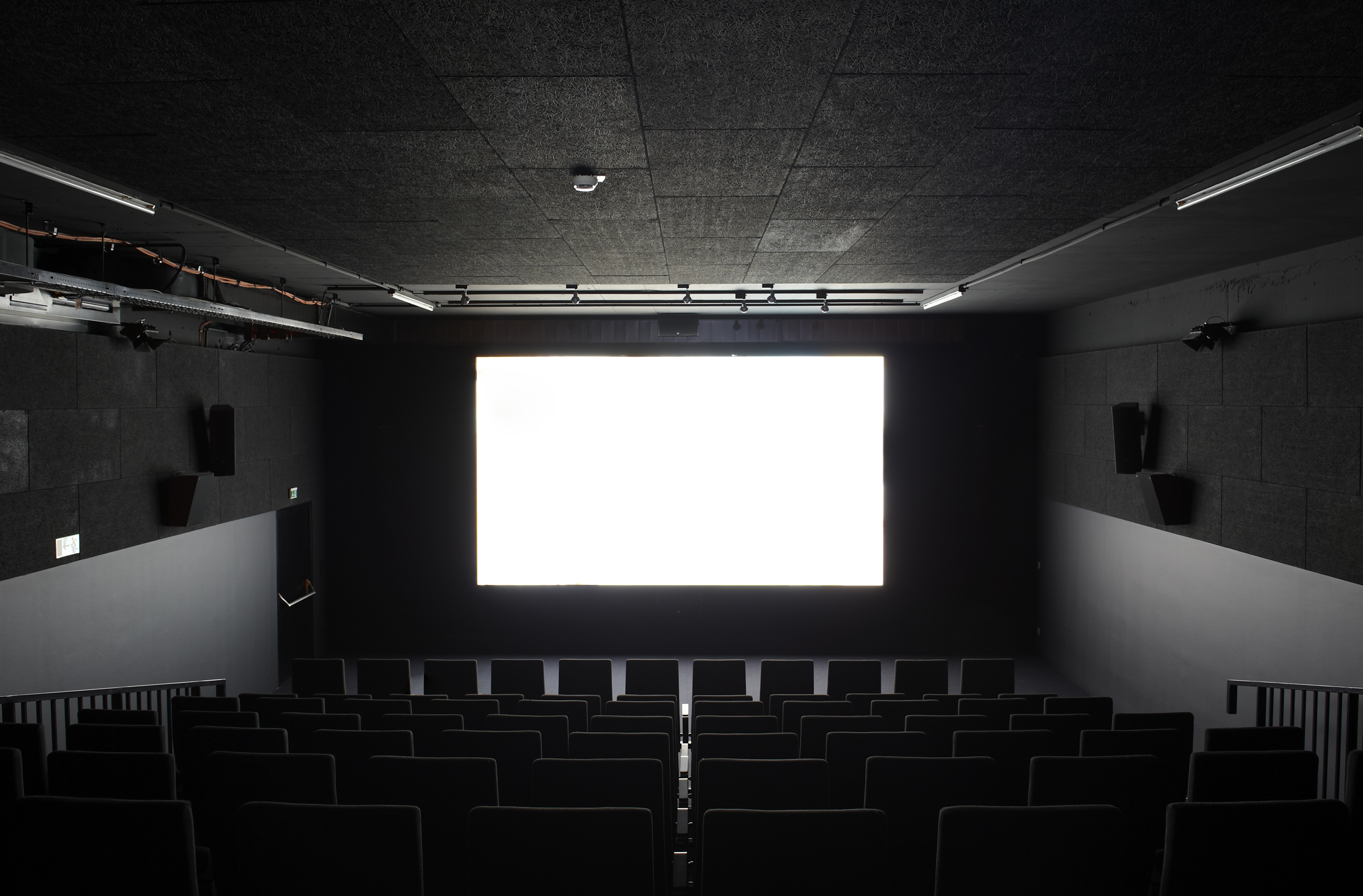Select Tickets:
Select Day:
Opening hours
Tuesday to Sunday
10 am to 6 pm

21.5.2014
Sasha Pirker
Sasha Pirker
In a double conference with Madeleine Bernstorff, Sasha Pirker presents a selection of her own works and places these in dialogue with several positions that are important for her. The selected works range from thoughts on filmic processes of creation and perception (with Closed Circuit 2013, for example, Pirker refers to Swamp by Nancy Holt and Robert Smithson) to historical and more recent examples of humoristic work (with recognition of Alice Guy-Blaché as a pioneer of film), to tragic and visionary images, such as in Akira Kurosawa’s Akafuji (1990) about a nuclear catastrophe, whose reality Sasha Pirker confirms in the light of events in 2011 in It looks like a Japanese Film. The act of speaking in front a camera—determined by media—as observable in the work of Carole Roussopoulos as a proponent of the committed use of video, also features in Sasha Pirker’s newest work Texas, the first chapter of which is presented here for the first time.
Film program
Sasha Pirker, Closed Circuit 2013, 2013, 3 min
Nancy Holt, Robert Smithson, Swamp, 1971, 6 min
Sasha Pirker, Texas, Part 1, 2014, 7 min (in Arbeit)
Sasha Pirker, It looks like a Japanese Film, 2011, 1 min
Akira Kurosawa, Akafuji (aus: Yume), 1990, 8 min
Carole Roussopoulos, Jean Genet parle d'Angela Davis, 1971, 8 min
Agnès Varda, Les dites cariatides, 1984, 13 min
Sasha Pirker, Es gibt Bilder, weil es Wände gibt – Ein Prolog, 2014, 11 min
Zbig Rybczynski, Tango, 1980, 8 min
Alice Guy-Blaché, La fée des choux, 1901, 1 min
Madeleine Bernstorff, Wie mögen Sie das, was Sie haben?, 2 min (Ausschnitt)
Sasha Pirker, Livepan, 2013, 2 min
Presented by Sasha Pirker and Madeleine Bernstorff
Sasha Pirker lives in Vienna. She is a filmmaker and teaches at the Academy of Fine Arts Vienna. Exhibitions/festivals (selection): 60. Kurzfilmtage Oberhausen (2014);I ndielisboa (2014); Unnamed, Chinati Foundation, Marfa/Texas (2013);BONNE HEURE, Kunstpavillon, Innsbruck (2013);filmfotofotofilm, aut. architektur und tirol (2014); IFFR -Filmfestival Rotterdam (2011); retrospective Die denkende Form at VIENNALE (2011); 67th Mostra Internazionale d’Arte Cinematografica, Venice (2010)
Madeleine Bernstorff, lives in Berlin, makes film programs (frequently in collaboration with others), writes and teaches. Most recent works: caméra au poing. videoactivism by Carole Roussopulos and colleagues, alphanova Galerie, Berlin (2013), and Ohne Genehmigung. Die Filme von René Vautier. Cinéma militant, Internationalismus, anti-koloniale Kämpfe, Zeughauskino, Berlin (2012). Planned: Alle Tage wieder. Die Kamerahelmfilme von Margaret Raspé, Berlin, Frankfurt/Main (fall 2014)
© mumok – museum moderner kunst stiftung ludwig wien